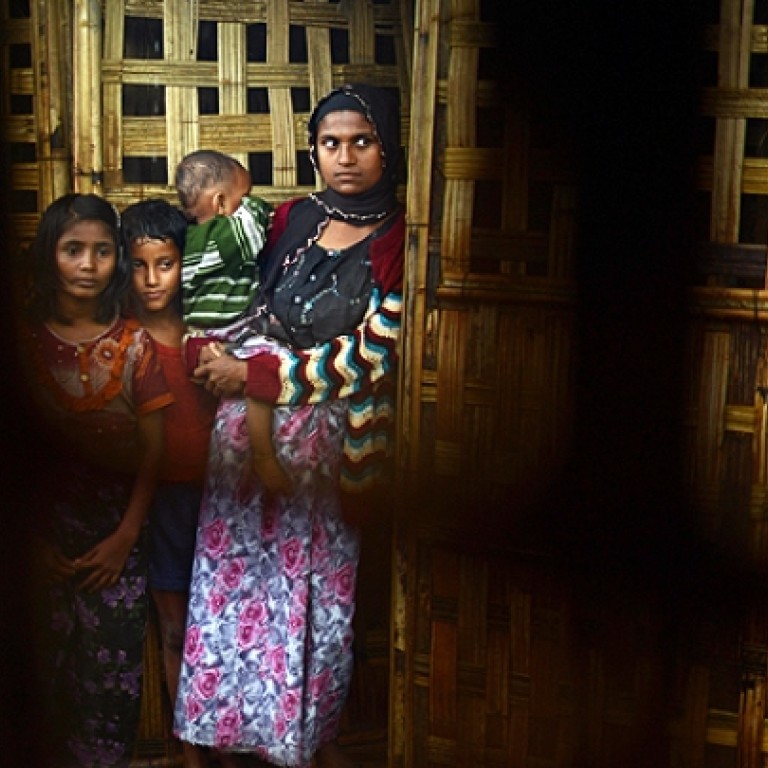
Attacks on Rohingya must end if Myanmar wants credibility, say UN
The UN chief has warned Myanmar that it must end Buddhist attacks on minority Muslims and grant them citizenship if it wants to be seen as a credible nation. Sectarian violence against Rohingya Muslims in the predominantly Buddhist nation has killed hundreds in the past year, and uprooted about 140,000, in what some say presents a threat to Myanmar's political reforms because it could encourage security forces to reassert control.
The UN chief has warned Myanmar that it must end Buddhist attacks on minority Muslims and grant them citizenship if it wants to be seen as a credible nation.
Sectarian violence against Rohingya Muslims in the predominantly Buddhist nation has killed hundreds in the past year, and uprooted about 140,000, in what some say presents a threat to Myanmar's political reforms because it could encourage security forces to reassert control.
He says failing to do so could risk "undermining the reform process and triggering negative regional repercussions".
In 1982, Myanmar passed a citizenship law recognising eight races and 130 minority groups - but omitted the nation's 800,000 Rohingyas, among Myanmar's 60 million people. Many Myanmar Buddhists view the Rohingyas as interlopers brought in by the British colonialists.
Earlier this year, Myanmar passed a law limiting Rohingyas in two townships in the western state of Rakhine, bordering Bangladesh and to having two children, a law that does not apply to Buddhists.
It is important for the Myanmar authorities to take necessary steps to address the legitimate grievances of minority communities, including the citizenship demands of the Muslim Rohingya
Nobel Peace Prize laureate Aung San Suu Kyi criticised the law, and was widely denounced for doing so by Buddhists in Myanmar. Seen as likely to be elected president of Myanmar, she has had little else to say about Rohingya rights.
Myanmar had been ostracised for 50 years after a coup that instituted military rule. But in recent years the country has been cautiously welcomed after it freed many political prisoners, ended the house arrest of Syu Kyi and instituted reforms. US President Barack Obama visited the country last year on an Asian tour, as a hallmark of Myanmar's rehabilitation.
Muslim ambassadors on Wednesday said Myanmar could not rejoin the community of democratic nations if it did not protect minority rights.
A call to the Myanmar UN Mission went unanswered on Wednesday evening.
Ban spoke at a meeting of ambassadors from the "Group of Friends on Myanmar", consisting of Australia, China, France, India, Indonesia, Japan, Norway, Russia, Singapore, Thailand, Britain, the United States, Vietnam, and the country holding the presidency of the European Union, currently Lithuania.
